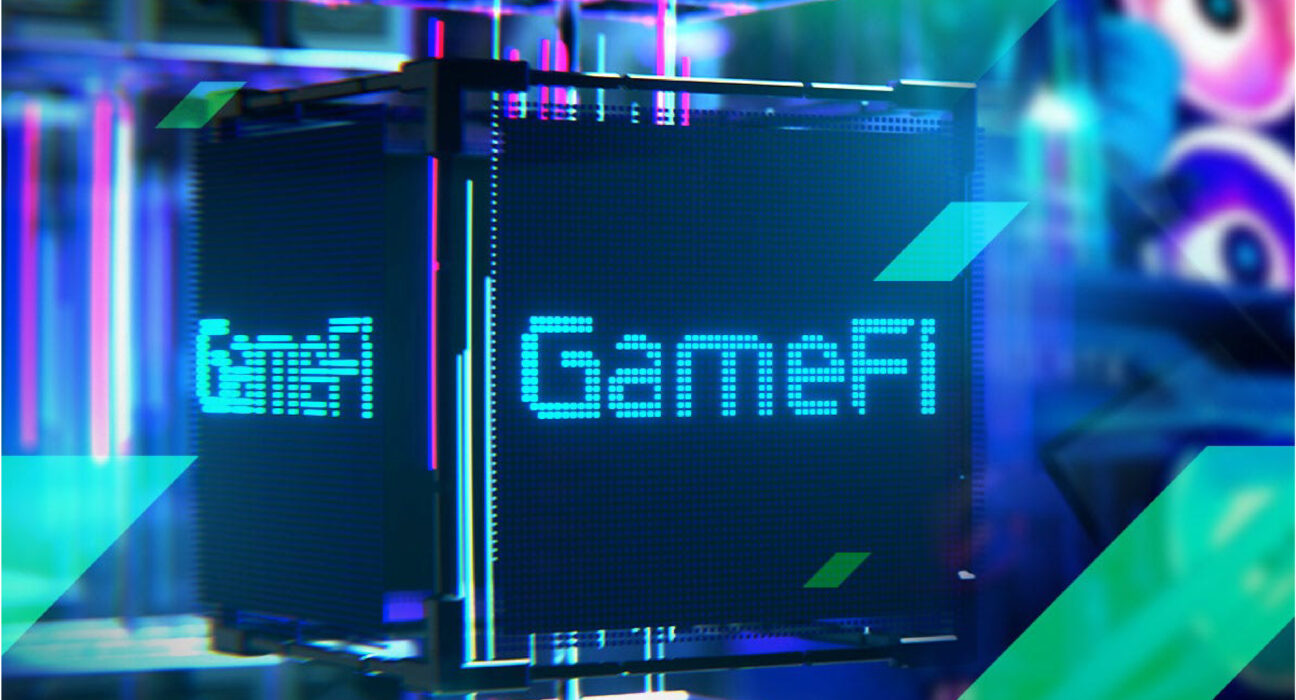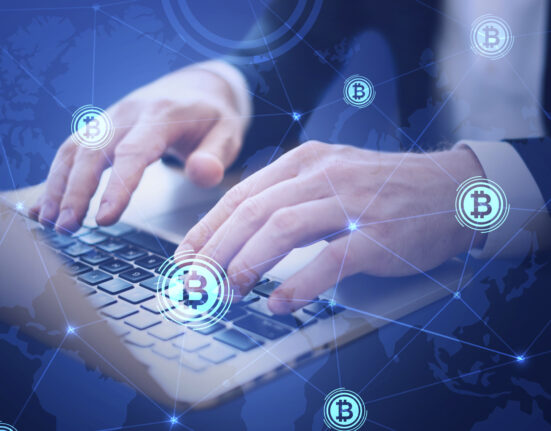The concept of gaming has been transformed with the emergence of blockchain technology. This incorporation introduces some undeniable additions to the concept, some of which are finance, diversity and ease of access. Meanwhile, to a set of ancient enthusiasts, traditional gaming interests them so much that centralization is the best option anytime gaming is concerned. On the other hand, some informative players conclude that finance’s and blockchain’s inclusiveness is a no-other.
Traditional gaming represents the longstanding structure of the industry, characterized by familiar game formats and centralized control mechanisms. In contrast, GameFi (short for Game Finance), is an innovative frontier where blockchain comes with gaming, introducing noble concepts such as play-to-earn (P2E) mechanics, ownership of in-game assets, and decentralized ecosystems.
This led to comparing the two distinct concepts; Traditional Gaming and GameFi. This will set the stage for a comparative analysis, delving into the distinct pros and cons of both terms.
Pros and Cons of Traditional Gaming
No doubt that traditional gaming is the cornerstone of this industry. Here, we’ll look into the strengths and weaknesses of this conventional gaming model to understand its advantages and disadvantages.
| Pros | Cons |
| Well-established game platforms with different genres and themes. | High initial costs for consoles or gaming PCs. |
| Wide storytelling in games. | Limited ownership of in-game assets. |
| Availability of physical copies for collectors. | Delayed updates and patches for games. |
| Established hardware ensuring consistent gaming experiences. | Limited opportunities for player-generated content. |
| Accessible gameplay for offline gaming experiences. | Depending on centralized servers for online gaming. |
Pros and Cons of GameFi
GameFi poses new challenges along with opportunities for developers, players and marketplaces. Let’s look at those.
| Pros | Cons |
| True ownership of in-game assets. | Challenging learning process for non-crypto or new users. |
| Play-to-earn mechanisms which allow for earning rewards. | Volatility in token values may affect in-game economies. |
| Decentralized nature fostering community governance. | Potential exposure to scams or fraudulent projects. |
| Innovative financial models integrating gaming & DeFi. | Dependence on internet connectivity for blockchain use. |
| Interoperability, allowing asset use across platforms. | Limited scalability impacting user experience at times. |
| Enhanced security and transparency with blockchain. |
Both traditional gaming and GameFi present distinct advantages and challenges. Traditional gaming offers established, immersive experiences, but GameFi introduces financial incentives, ownership, and decentralized systems to revolutionize gaming.
While traditional gaming thrives on its familiarity and accessibility, GameFi introduces new dynamics like play-to-earn opportunities, ownership of in-game assets, and global accessibility. However, it comes with complexities related to blockchain technology and potential market volatility.
Ultimately, both have their merits, considering different preferences. Traditional gaming provides familiarity and entertainment, while GameFi introduces a new era by suggesting finance into gaming. The future holds exciting possibilities as these continue to intersect, offering diverse experiences for gamers worldwide.














Leave feedback about this